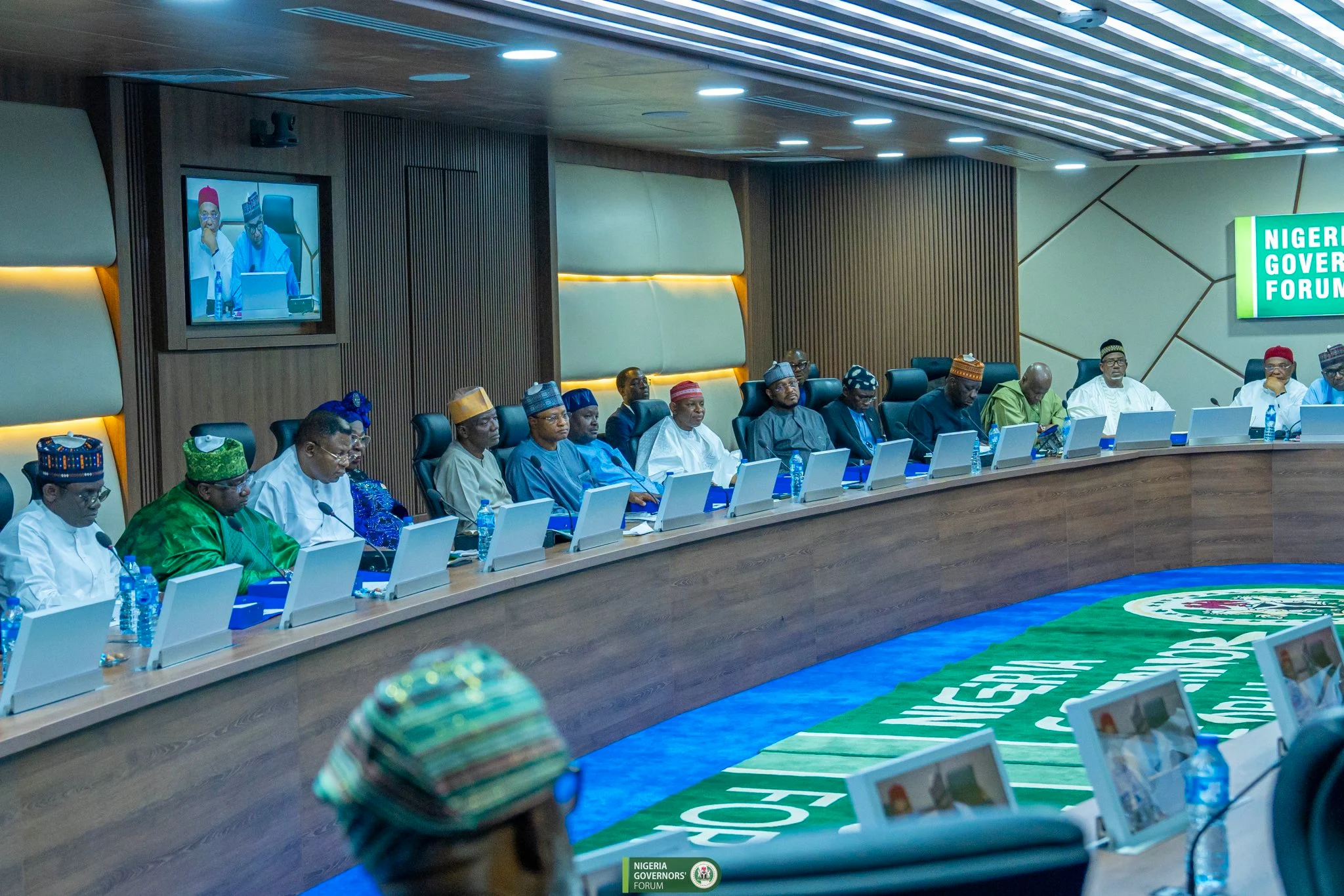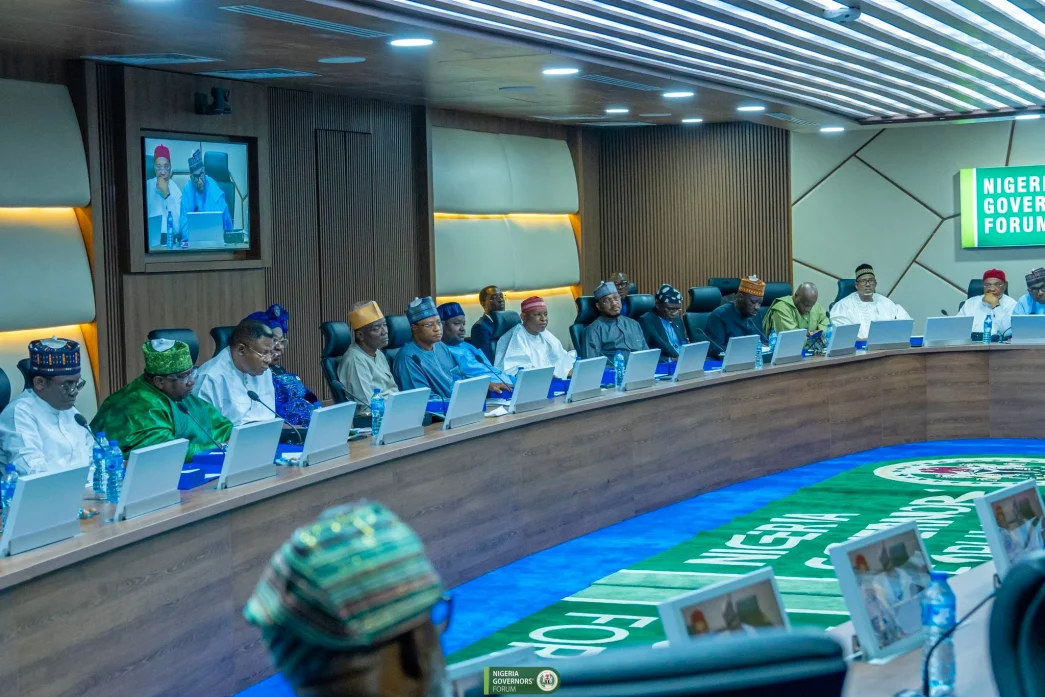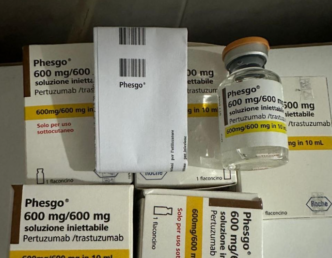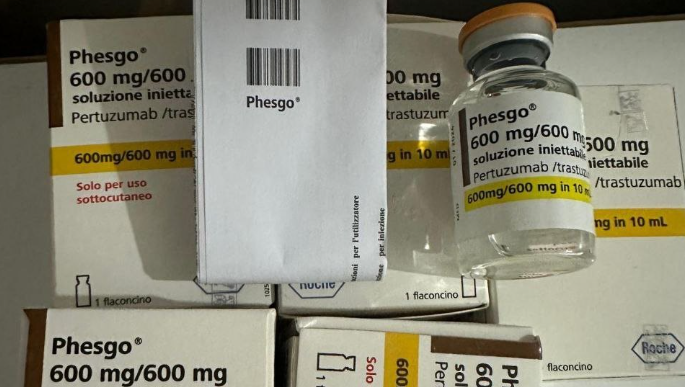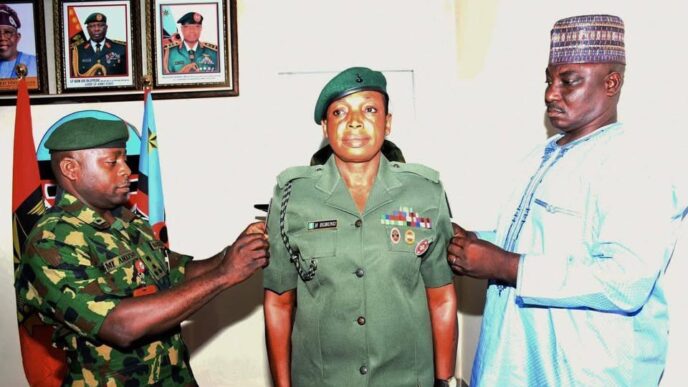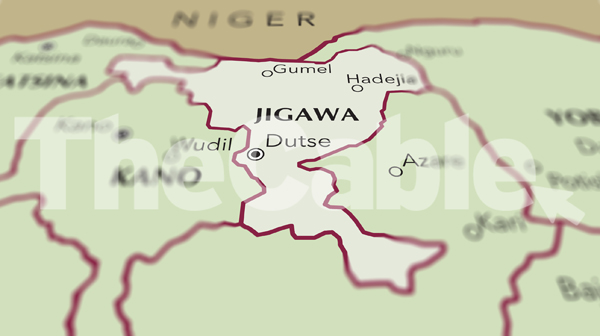Do you know that Jigawa can become the richest state in Nigeria? Don’t laugh at me and say “this guy has started again”. I will explain myself, but my central point remains that we have a mental block when it comes to understanding the wealth of a state. We have limited it to mineral resources and the sharing of the contents of the federation account by the Federation Account Allocation Committee (FAAC). We downplay many potential sources of revenue staring us in the face every day of the week and devote our energies to the allocation sharing formula. This wouldn’t be much of a problem if not that it always raises the temperature of the nationhood discourse. Who will save us?
In my previous article, ‘Let’s Be Kind to Nigeria, Please’, I analysed the malignant negativism that has afflicted many Nigerians. Only bad news about Nigeria excites them. Anything positive depresses them. Even in a silver cloud, all they want to see is a dark lining. If Boko Haram terrorists kill one soldier, they will amplify it. If soldiers eliminate 100 terrorists, they will look away. Their definition of “speaking the truth” is saying “Nigeria is finished patapata”. Those who say “there is hope for Nigeria” are ridiculed as “PR consultants” and cowed into silence. Thus, positive Nigerians keep quiet to avoid being “dragged”. I said you can hate your president and still love your country. It is legal.
Malignant negativism aside, another mental block eating us up is in the area of revenue allocation. The proposed VAT sharing formula has set another fire to our delicate fabric as an aspiring nation. The north is pitted against the south (yet again) over revenue sharing. The current VAT formula allocates 15 percent to the federal government, 50 percent to states, and 35 percent to LGAs. States share their slice on a ratio of 50:30:20 — equality, population, derivation. The new proposal is 10 percent for federal government, 55 percent for states and 35 percent for LGAs. States will use a ratio of 20:20:60 — equality, population, derivation — for their own share if the amendment is passed.
The point of friction is the 60 percent portion for derivation. Many northerners are arguing that the derivation is designed to marginalise “the north”. To the best of my knowledge, revenue is not shared region by region or zone by zone. Rather, it is state by state. Kwara does not collect its allocation and share it with Kogi just because they are both northern states. Borno does not pay the salaries of Bauchi workers. Kaduna doesn’t build roads in Kebbi. The loans taken by Niger are not repaid by Nasarawa. All states share and spend revenues individually. Why then do some people purport to speak on behalf of the entire north on matters that affect every state differently? It is all politics.
Advertisement
Well, there is nothing wrong with playing politics. My problem is when politics stifles alternative thinking and creativity. Agora Policy has done a simulation of VAT distributions for November 2024 based on 55 percent allocation to states and 60 percent of that for derivation. Agora used location of consumption to calculate derivation (instead of the headquarters of remitting companies, which heavily favours Lagos). The simulation shows that 10 of the 19 northern states would be net gainers. How then does that amount to marginalising the entire north? The north-east is most affected, but the North East Development Commission (NEDC) already gets 3 percent of VAT. Let’s apply reason.
But here is my point. Rather than resort to our typical mindset about Nigeria — the fixation with our comfort zone called “federation allocation” — how about going a step further by baking a much bigger cake? I am not suggesting that those to be affected negatively by the proposed derivation formula should stop talking. However, aside the protests, what policies, programmes and projects can Nigerian states design to boost their local economies so that we can end up with a win-win? That, to me, will be more beneficial in the long run. I insist that we have every ingredient to make Nigeria prosper, but we must apply our brains positively to take full advantage of our endowments.
In this essay, I intend to discuss some practical ways of defusing this revenue sharing warfare. There are two assumptions underlining my proposals. One, I assume that a state truly wants to start reducing dependency on the federation account. (By the way, federation account is not a gift from the federal government. The revenue is only being collected on their behalf by the federal government. It is their right, not a favour.) Two, I assume that a state is genuinely interested in raising more revenues and not just talking a good game. Let me add a third assumption: that a state is sincerely open to ideas and there is a political will and vision to address the revenue challenges.
Advertisement
Spoiler alert: I am not proposing anything new. I am simply repackaging what has been tried by some states and which, in my evaluation, worked and can be refined and replicated on a broader scale. The first of my three proposals is that states can part-own profitable private ventures, profitable being the key word. The good thing is that they would not be running the businesses. It is their investments that would do the work and make returns. The funds some states have been spending on building unprofitable airports (I guess the motive is to allow chartered flights and private jets land directly in their backyards) could have been invested in businesses that would yield handsome dividends.
Here is an example. When Nigeria launched its telecoms revolution in 2001, three states — Akwa Ibom, Delta and Lagos — invested millions of dollars in what was then known as Econet (now Airtel), one of the three GSM licensees. The share value doubled within five years. Given what we later got to know, the investments would have generated — and still be generating — millions of dollars in returns to the states. That would have bolstered their non-FAAC revenue. For reasons that were never made public, they divested. Else, they would still be earning dividends. I have my suspicion on what went down. That is why I often try to distinguish between genuine and personal interests.
Another example. When Dangote Cement acquired Benue Cement Company (BCC), the Benue state government (its original owners) got a percentage of the shares as part of the political settlement of the opposition to the sale. The state was getting dividends, which regularly supplemented its income from the federation account. Ahead of the 2015 general election, the state government woke up one day and said it was selling its remaining stake in Dangote Cement. It got $122 million. If you ask me where the money went, who am I going to ask? But imagine the value of the shares today with the weight Dangote Cement carries in the market — and the dividends Benue would still be earning.
What’s more, states can invest in firms operating in profitable fields such as oil, solid minerals and ICT in order to supplement — and even surpass — their federation allocations. For instance, we have somehow reduced the entire petroleum sector to who owns the oil and who doesn’t — but there is no law that says states cannot buy stakes in companies operating in exploration and marketing and earn dividends for life. Absolutely no restriction. We like to blame the 1999 Constitution and lack of “true” federalism for every problem in Nigeria. Of course, it is all politics. Our mental block makes us ignore more opportunities and possibilities because of the fixation with Utopia and comfort zones.
Advertisement
I said Jigawa could be the richest state for illustrative purposes only. But wait for this. The state recently decided to buy privately owned Khadija University for N11 billion. I kid you not. ELEVEN BILLION NAIRA. Already, there are three universities in Jigawa, including the state-owned Sule Lamido University. If N11 billion was invested in a fintech company, imagine the returns. With intelligent investment in profitable ventures, losing N500 million monthly in VAT revenue would be insignificant and should not be a reason to set the polity on fire, but this is the way we have structured public debate. Until we deal with this mental block, we will keep insulting one another.
Let me now move to my second proposal. That is, states can directly set up companies in competitive areas of the economy. But there is a big BUT — the businesses should not be run by the states. Many states have enterprises but they are run like civil service. An option is a joint venture to be managed by the partners. I like the Nigeria LNG model. It is jointly owned by the federation (49 percent) and the oil majors (51 percent). However, it is managed by the oil majors. It is a huge success. Hand it over to the ministry of petroleum and it will become a disaster. Another option is for a state to fully own a company and lease out the management so that it can be run like a proper enterprise.
My third proposal is for states to create the right environment for the growth of their local economies. They can benefit more from tax revenues. These would include personal income tax from jobs created and VAT derivation from consumption. Unfortunately, this involves critical thinking and heavy lifting which would make them sound attractive. Some states hurt businesses: they are only interested in how to suck them dry rather than how to water the field for them to flourish. There is no part of Nigeria that is not endowed with natural and human resources, even if not equally. However, because of our mental block over revenue sharing, many states cannot think of earning.
In sum, it is obvious that Nigeria can be far better than this. We are just scratching the surface. If we get our act together, we will be flying. But Nigeria cannot change until Nigerians change. We have to deal with the mental blocks afflicting the leadership and the intelligentsia — and being aggressively passed on to the streets. We must deal with the malignant negativism and mischievous politicking. All countries that have exited underdevelopment saw opportunities and possibilities, not doom and gloom. The countries we call advanced today evolved through a nation-building process, including internal battles with strife and scepticism. But you know what? Every problem has a solution.
Advertisement
AND FOUR OTHER THINGS…
REFINERIES’ REVIVAL
The Nigerian National Petroleum Company (NNPC) Limited promised to revive our refineries. After much delay, the Port Harcourt and Warri refineries are back on stream, even if not fully. Many Nigerians are understandably sceptical about the news. For decades, we were told the refineries would work but they never did — after billions of dollars had gone down the drain. Nigerians have every right to take the latest news with a pinch of salt. In response, the NNPC has been inviting Doubting Thomases to come and take a tour and see things for themselves. My suggestion: those refineries must now be privatised, else the latter end will be worse than the former. Forewarned.
Advertisement
HEALTH AND CARE
Mr Peter Obi, the presidential candidate of the Labour Party in the 2023 general election, has advised President Bola Tinubu to visit federal government hospitals in the new year and consider doing his medicals in the country. This, he said, will let him assess the state of medical facilities “to make informed decisions on how to upgrade and make them efficient”. This is a beautiful suggestion, if you ask me. The only thing I would add is that governors should also do the same, since health is on the concurrent list. If I were to advise our leaders, I would say they and their cabinet members should regularly pay unscheduled visits to public hospitals and schools as well as to slums. Practical.
Advertisement
DETTY DECEMBER
Despite the negative vibes being spread about Nigeria across the world, it was good to see so many A-list foreign celebrities celebrate the festive season in the country. Chloe Bailey, the American popstar, was the first in the news. American rappers Saweetie and Gunna were soon spotted at parties. Tyla, the South African star, was over the moon, describing December in Nigeria as “too much”. What about the “I Just Got Back” gang? Detty December is now a major tourist attraction in Lagos, like the Calabar Carnival in Cross River, and that means a lot to the local economies, at least on a seasonal level. I know this saddens the “Najia sceptics” but what can we do? Delightful.
Advertisement
NO COMMENT
In a major setback for the campaign against rape, the appeal court sitting in Lagos nullified the conviction of Dr Femi Olaleye, managing director of Optimal Cancer Care Foundation, but the Lagos state government has now appealed. The life imprisonment sentence by the high court was quashed by the appellate court on the grounds that the wife’s evidence was “tainted” and “unreliable”, that she was motivated by the desire to take over the appellant’s assets upon his incarceration, and that the lower court relied on “hearsay evidence” of the other witnesses on the age of the alleged survivor because — wait for this — none of them was present when she was born. Wonderful.

